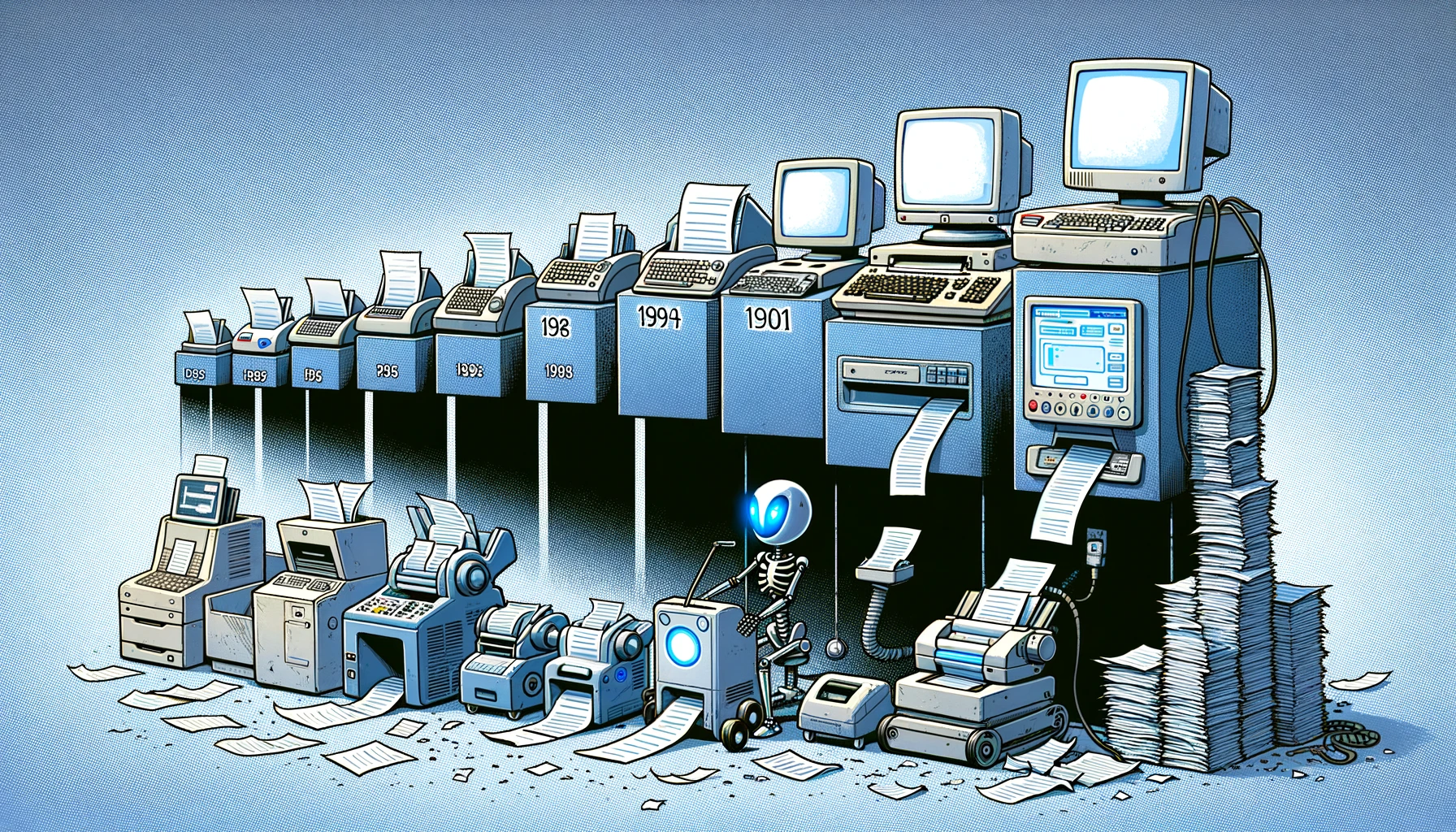-
Blog
-

You're either the captain of this vessel...
There is already a general consensus that the way of working in the translation industry will shift towards N...
-

Dark Side of Over-control in Translation...
Over-control in translation projects manifests through excessively strict guidelines, micromanagement etc.
-

From fax technologies to AI-driven solut...
This journey from fax technologies to AI-driven solutions
-

Customer Support
Learn why it's crucial for language service providers (LSPs) to take responsibility for their mistakes and pr...
-

Corporate Purchasing Guidelines
Understandably, translation services are mostly subject to the corporate purchasing procedure.
-

Broader Interpretation of “Pro Level”
Broader Interpretation of “Professional Level” Could Be A Problem
View All
-
-
Our Services
-

Project Management and Leadership
Through our experience since 2002, we've developed a profound appreciation for the complexity and breadth of tasks in managing language projects.
-

Terminology Management
Focused on developing and applying a consistent, specialized vocabulary in translations, this process ensures accurate and coherent term usage throughout.
-

Quality Assurance
In translation projects, quality assurance ensures translated material is accurate, consistent, culturally relevant, and adheres to the highest standards.
-

Enterprise Solutions
Multinational companies centralize their multilanguage translation and localization requirements with us for several strategic and operational reasons.
-

Human Translation
For sensitive projects, high-quality human translation is a professional option.

Localization
Localization is a solution, if you go beyond translation to enhance regional appeal

Interpretation
Remote location interpretation via video or phone for language services in 40+ languages

Al / MT Solutions
Integrating Al / MT can be an economic choice for large amounts of non-sensitive content.

Multimedia
Translating and syncing spoken content in videos to text in different languages

Specialized Postediting
Human editors improve machine-translated texts to achieve near-human quality.

Languages
Collaborating with a network of world's major languages and regions

Desktop Publishing
Adjusting document layouts and graphics to fit translated text while preserving design.
-
-
Industries
-

Translation Services for Every Industry
Which Industries Most Rely Upon Language and Translation Services
-

Industrial
User manuals and operating instructions, product specifications, service, maintenance and policy manuals, technical database etc.
-

Products
User manuals, product descriptions, troubleshooting, technology, installation guides, safety rules, disposal, electrical hazards, frequently asked questions etc.
-

Research
Market research, industrial research, advertisement research, political research, internet research, scientific research etc.
-

Media
Published media, digital media, social media, marketing media, interactive media, broadcasting media, corporate bulletins etc.
-

Government & NGO
Tenders, technical and administrative specifications, application documents, official papers, environmental policy, resource management, social science etc.
-

Legal
Contracts, agreements, law, code, bylaws, decrees, statute, regulations, court decisions, letter of attorney, proxy, signatory circular etc.
-

Financial
Financial statements, banking documents, letter of credit, insurance policy, bank statements, stock market insights and financial analysis etc.
-

Healthcare
Clinical studies, trials, pharmaceutical guidelines, life sciences, description and use of surgical and other medical instruments and devices, dosage/use instructions etc.
-

Hospitality
Tour and holiday guides, brochures, hotel and holiday village documentations, online selling platforms, customer feedback and surveys, restaurant menus etc.
-

Your Industry
Categories are interrelated and more complex than simplified above. We’d be happy to to assist you with contents that may not be numerated here.
-
-
Get Quote
-

Get an Instant Quote
To obtain a prompt and straightforward quote for translation or other language services, please fill out this form and attach your source files or samples, along with any instructions you may have.
-

Quote for Cost Optimization
If you have a complex project and would like to provide additional information to receive a more optimized quote, please utilize this form to submit your instructions, along with source files, references, glossary, translation memory, and any other relevant materials.
-

Quote for Interpretation
To book professional simultaneous or consecutive interpreters, use this form to send the details such as languages, venue, type of interpreting etc. to speed up the quotation process.
-
- Contact Us
-
Vendors






